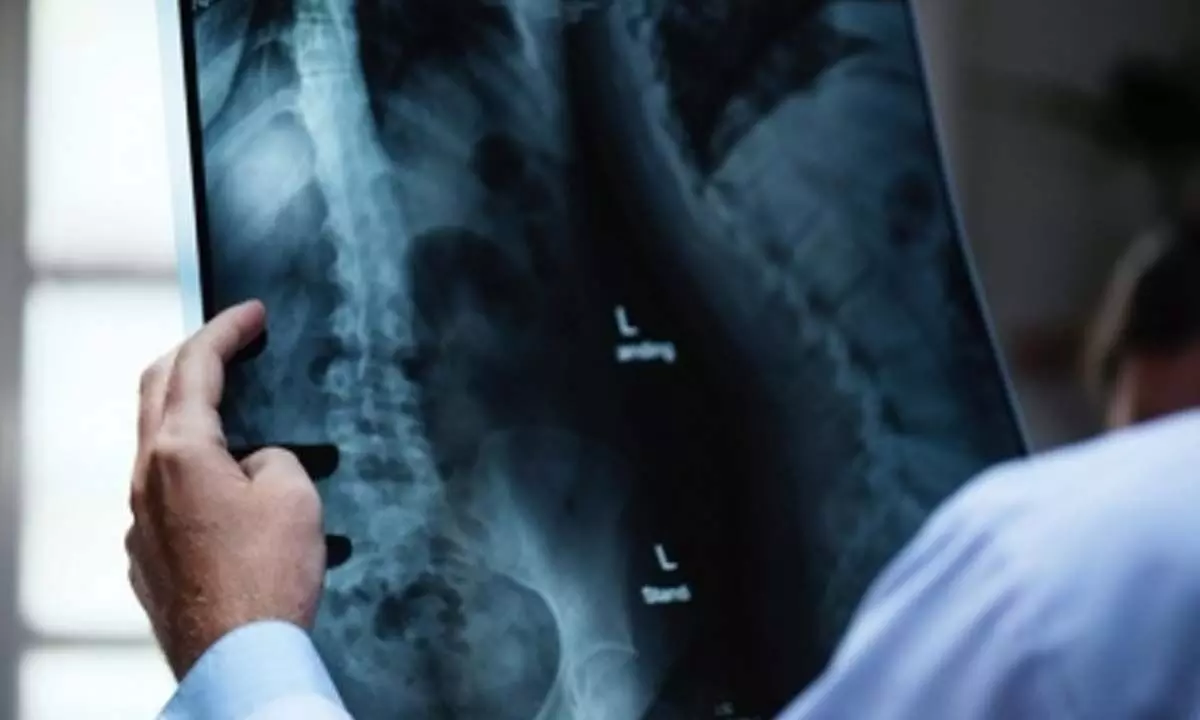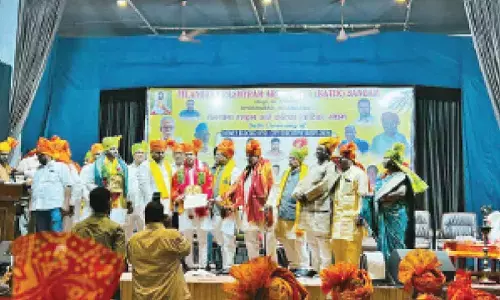RSV can infect nerve cells, cause inflammation and damage: Study
Share :

Long thought to only infect the respiratory tract, a new study has found that respiratory syncytial virus (RSV), a common infection in children and senior adults, can infect nerve cells, cause nerve damage and enter the spinal cord, potentially granting access to the central nervous system.
New York: Long thought to only infect the respiratory tract, a new study has found that respiratory syncytial virus (RSV), a common infection in children and senior adults, can infect nerve cells, cause nerve damage and enter the spinal cord, potentially granting access to the central nervous system.
First discovered in 1956, RSV can cause mild symptoms such as coughing, sneezing, and fever or lead to more severe conditions such as pneumonia or bronchiolitis.
The study, published in The Journal of Infectious Diseases, is the first to prove that RSV can penetrate nerve cells and may provide the clearest link between RSV and reported neurological symptoms in children.
RSV has been previously detected in the spinal fluid of children with seizures.
In addition, 40 per cent of RSV-positive children under the age of 2 have shown acute encephalopathy, brain damage that can result in confusion, memory loss or cognitive difficulties.
The findings underscore the potential long-term impacts of the disease, as well as the importance of preventative measures such as the two RSV vaccines approved by the FDA in 2023.
"This is the most common respiratory virus in the first years of life as well as an impactful virus among the elderly," said Dr. Giovanni Piedimonte, professor of paediatrics, biochemistry and molecular biology at Tulane University in the US.
"This adds a new dimension to the importance of RSV vaccines for both the elderly and mothers to protect their babies," he added.
Researchers studied the virus using 3D peripheral nerve cultures grown from stem cells and rat embryos.
After finding they can be infected by RSV, researchers found the virus induced the release of chemokines -- proteins that fight infections by controlling immune cells -- and caused significant inflammation.
With low levels of RSV infection, the nerves became hyper-reactive to stimulation. At higher levels, they observed a progressive degeneration of the nerve and increased neurotoxicity due to excess inflammation.
"Until this study, the theory was that the inflammatory response was indirectly activating the nerves," Piedimonte said.
"This study shows that not only does that happen, but the virus can penetrate directly into the nerves."
The nerve hyperreactivity could explain why children who get RSV are later more likely to have asthmatic symptoms, Piedimonte said.
The study also found that RSV could enter the spinal cord via peripheral nerves despite not having the ability to enter the spinal neurons directly. More research is needed to explore that mechanism, but Piedimonte theorises that by using the peripheral nerves to enter the spinal cord, RSV can bypass the blood-brain barrier, enter the central nervous system and infect the brain.
If confirmed, it could signal a connection between RSV and other neurological or developmental disorders, Piedimonte said.
"If indeed it’s confirmed in future studies that viruses like this are able to access the central nervous system, that opens a huge Pandora’s box," he added.










